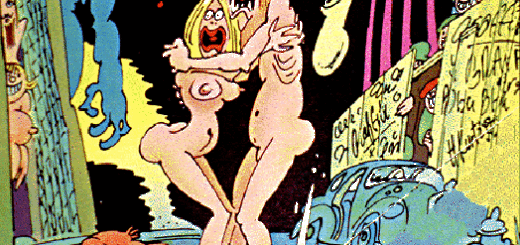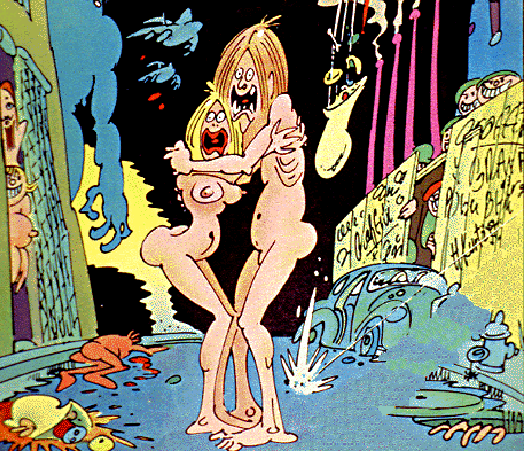Martha Thomases: Stupid People and Irresistible Knowledge
Banning books is stupid.
I mean, you probably already oppose book banning. It violates the First Amendment. But I’m not talking about the law or morality. I’m talking about the stupid.
All summer, ComicMix and The Tweeks will be urging kids and parents to read graphic novels that are being banned from school libraries.
Here is my experience with being a kid and reading a banned book. I was in the fifth grade, ten years old, and my mom saw a feature on The Today Show about kids who were so smart that they read books written for adults, like John Kennedy’s Profiles in Courage and To Kill a Mockingbird. Not to be outdone by any other mother in the world, she promptly went to the Youngstown, Ohio public library and took both books out for me to read.
I chose to read the novel. It was shorter, and it had a story.
At that time, we were allowed to bring our own books to school to read in free periods, if we finished our work. So I did. When my teacher, Miss Jones, saw what I was reading, she sent me home.
That event changed my life. My parents were so angry that they took me out of public school and sent me to the only non-parochial private school in town. From there, it was a short step to boarding school, an elitist liberal college, and a northeastern urban ivory tower existence.
Here’s the thing: I had no idea what Miss Jones was so upset about. The book was, in fact, a little bit advanced for me and I missed out on a lot of the main plot points, the racial themes, the attempted rape. When someone asked me what it was about, I said, “It’s about a girl who dresses up like a ham, and also there are Negroes.”
(In the early 1960s, that was the polite term.)
Banning a book makes it irresistible to a kid, especially a teenager. There were only a few things that could make me want to read something in high school:
1) The author was attractive
2) Cool people were reading it
3) Someone told me I couldn’t.
Those first two, actually, might still be part of my criteria. It certainly explains my devotion to Will Self.
Because they had been banned, I read books by Henry Miller, which I loved, and by Charles Bukowski, which I didn’t like much. I read radical books about women’s bodies and how they work. I read comics with character that not only didn’t have capes, but often didn’t have any clothes.
Parents who support book banning in school libraries say they are protecting their children from ideas with which they disagree. They think that, if their children don’t read those books, they won’t stray from their parents’ moral compass.
It doesn’t really work like that. Maybe those parents will get a few months of peace and quiet, but not much more.
My parents, civil libertarians that they were, didn’t stop me from reading what I wanted to read. I mean, they weren’t going to go out and get me hard-core porn or vivid depictions of slaughter (other than what was on the news every night), but they didn’t mind if I read things they didn’t like. We talked about it. That’s what the dinner table was for, talking about those things. That’s what we did on long car rides (besides playing “I Spy”). And while I don’t agree with everything my parents believed (nor did they necessarily agree with each other), I didn’t stray very far, and I respect those differences.
Even better, I know how to form an opinion myself.
There are some books on the list of banned graphic novels that might not be appropriate for every child to read, and parents should be responsible for protecting their children from those books. For example, I think that a five-year old would not grasp Maus, and might be upset by it.
You know what I would do if that happened? I would take the book away from him. I would tell him he could read it when he was older.
I wouldn’t stop anyone else from reading it. Nobody should.












